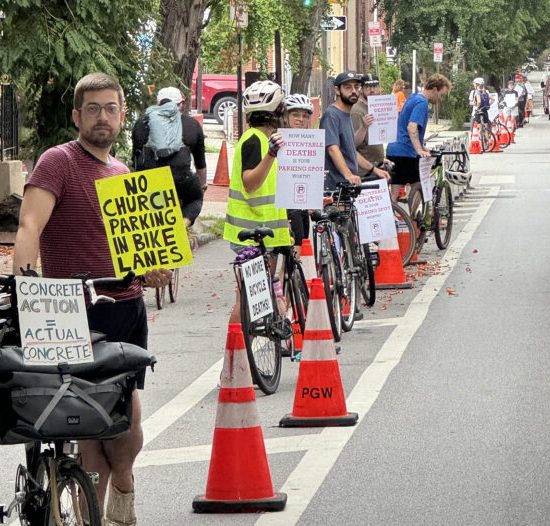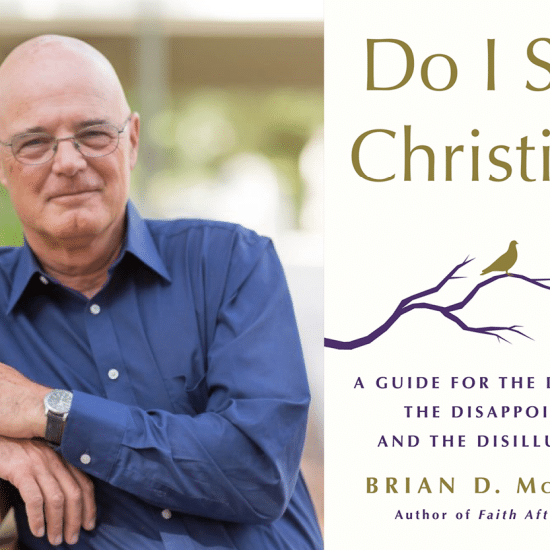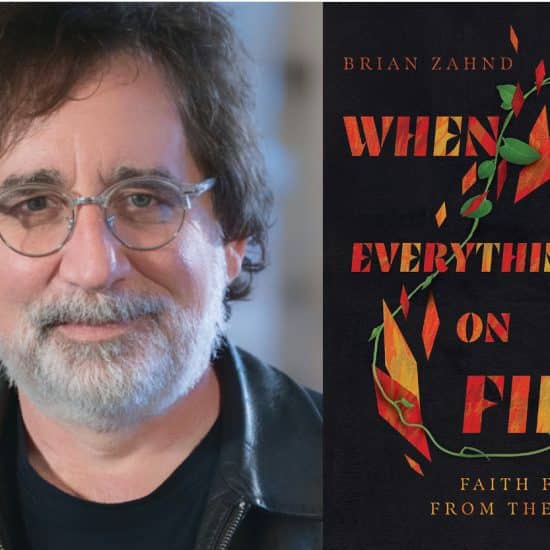Here’s a paradox. Last year, I preached a sermon on doubt, which actually helped some people’s faith. I asked the question: Does your faith have any question marks? It turns out that some people were relieved to have permission to ask questions, struggle and express doubts.

Doyle Sager
|
I once heard an unchurched person remark, “The church is the last place I would talk about my doubts.” How sad. Questions serve a purpose. Questions move the conversation forward; premature certainty closes off the discussion. Frederick Buechner once wrote that doubt is the ants in the pants of faith. Doubt keeps our faith awake and moving.
Please understand. When I say that doubt has a place in the faith process, I am not talking about the scoffing kind of doubt, but the searching kind. Scoffers, such as the so-called New Atheists, love to set up straw men that are easily torn down. C.S. Lewis once said that some philosophers theorize about a 6-year-old’s concept of God and then use a 50-year-old’s mind to destroy it. Our concern here is the value of a searching, seeking faith.
People regularly approach me regarding their questions and doubts. And these are people who are active in church, people with a good spiritual foundation. The issues are varied — evil and suffering, assurance of salvation, the supposed conflict between science and religion, difficult Bible passages or philosophical questions about God’s existence. Almost always, people feel ashamed of their doubts. Why? It’s okay to have questions! In fact, if questions and doubt are so bad, why are there so many in the Bible?
Time and space do not allow me to cite all the honest doubters in Holy Scripture. Abraham, Job, Jeremiah and Thomas would probably top the list. And the next time you think faith is an easy one-two-three set of principles, sit down and read the Book of Job. And when you’ve finished that, try the Book of Ecclesiastes. After that, Lamentations. You get my point.
To take this a step further, honest questions may be more than acceptable; perhaps they are even helpful. Author and pastor Timothy Keller has written, “A faith without some doubts is like a human body without any antibodies in it. People who blithely go through life too busy or indifferent to ask hard questions…will find themselves defenseless against either the experience of tragedy or the probing questions of a smart skeptic” (The Reason for God, p. xvi). Indeed, holy curiosity can lead us to deeper truth.
When the church buries honest questions or arrogantly acts as if we have all the answers, unchurched people are turned off. A lot of research has been done recently, learning about a group called SBNR (spiritual but not religious). These are the folks who want — even crave — a relationship with God but have left organized religion. The most frequently cited reason they give for dropping out of church? Their theological questions were left unanswered or answered in simplistic ways. Most of them say that no one ever gave them a chance to dialogue about their issues and questions. In dealing with the unchurched (or the formerly-churched), perhaps we should remember the words of Alfred Lord Tennyson: “There lives more faith in honest doubt, believe me, than in half the creeds.”
Take stock of the typical Sunday morning adult Bible study class. Too often, we spend our time rehearsing “safe” platitudes. Certainty is fine; certitude, which closes off discussion, is not. Writer Parker Palmer’s analogy is helpful at this point. He says too many churches are like tour buses to the Holy Land. People get on the bus and the pastor takes the microphone and says, “Now, look out the window on our right. That’s Jesus and his disciples. On your left is the miracle of the loaves and fish. I’ll explain it, but don’t get off the bus. It’s dangerous out there.”
People stay safely in their seats, and go home and brag, “I’ve been to the Holy Land!” Palmer says the question for churches is, “Do we want to keep running bus tours of the Holy Land? Or do we want people to go there on foot, [and] explore the landscape for themselves?” [“If Only We Would Listen,” The Sun, November 2012, p.13]
Here’s an invitation. Let’s push on through the questions, all the way to Jesus. He’s inviting us to get off the bus, explore and ask questions. After all, when two of Jesus’ disciples inquired about him, Jesus replied, “Come and see” (John 1:39). That’s not a bad approach for all of us!
Doyle Sager is senior pastor of First Baptist Church of Jefferson City, Mo. He writes a monthly opinion column for Word&Way.






